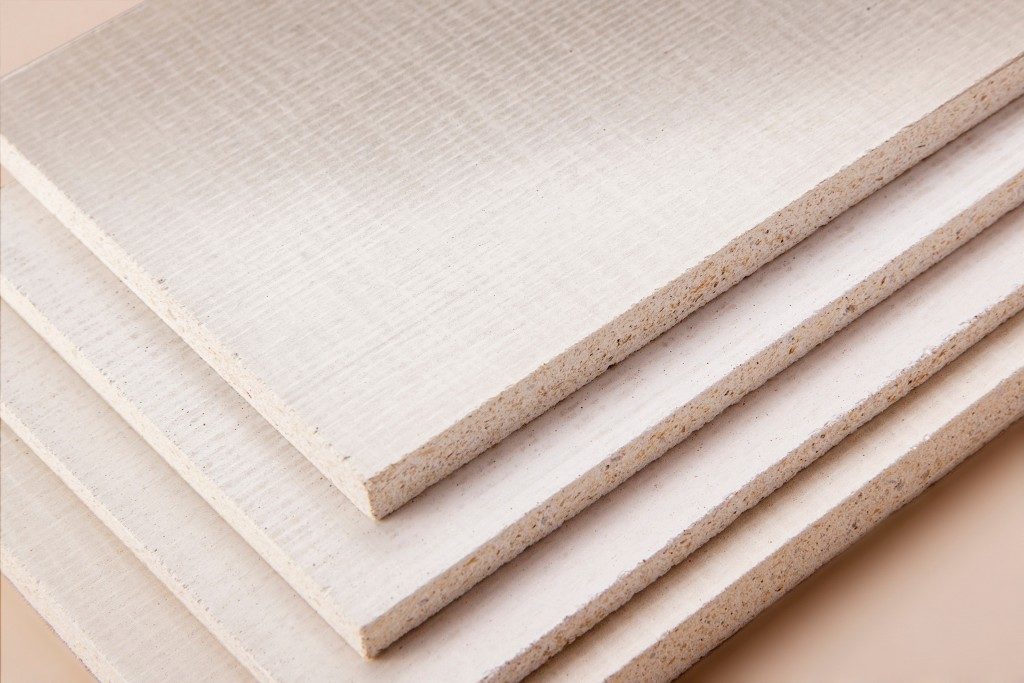One of the most important, yet often overlooked, ways to keep ourselves healthy is by making sure our home has good indoor air quality. Indoor air quality simply means the quality of the air within and around our home, especially concerning the health of those who live in it. Indoor air problems—pollutants like carbon monoxide, volatile organic compounds, smoke from cooking, and many others—pose many health risks for asthmatics and those who have other respiratory illnesses.
And with the prevalence of COVID-19, which is primarily transmitted through respiratory droplets and is potentially airborne, we need to ensure good indoor air quality now more than ever. It is a disease that poses a high risk to elderly people and those suffering from predisposed conditions, and we need to do all that we can to help protect them from getting infected.
Aside from your residential air purifier, which is still the best way to ensure you’re breathing clean air, there are other practical, simple, and even eco-friendly steps you can take to improve your home’s indoor air quality. Here are some of them.
Open a window.
The simplest and easiest way to purify the air within your home is by opening it up. Unless you’re living in an incredibly busy street, outdoor air is generally purer than indoor air. Flush out the pollutants and toxins from your home by making a habit of letting fresh air in. To ensure good indoor air quality, proper ventilation is crucial.
Get some indoor plants.
Multiple studies have shown that plants can help improve a space’s air quality. Even the National Aeronautics and Space Administration (NASA) got in on the action by releasing a study on how plants can help freshen up the air in an enclosed space.
Some plants that are can purify the air of carbon dioxide and other kinds of toxins include but are not limited to:
- Areca palm
- Mother-in-law’s tongue
- Money plant
- Devil’s ivy
- Dwarf date palm
- Peace lily
- Spider plant
- Rubber plants
- Boston fern
- Pineapple plant
The benefits of having houseplants don’t stop at cleaner air; they are also good for our overall well-being as studies show that seeing green regularly has multiple health benefits.
Regularly maintain your HVAC system and air vents.
Aside from ensuring that your home has comfortable temperatures all year round, your house’s HVAC system was also built and installed to clean the air inside your home. It has vents dedicated to sucking air from the rooms, through the filters, and processing that air to release into the proper temperature back into the home. Those filters can be a breeding ground for all kinds of dust, soot, and mold. Wash the filters every three months and change them twice a year.
Your home’s air vents can also be a home for all kinds of harmful bacteria. Air vents were created to filter the airflow within your home, and cleaning them regularly will keep the air in your home from being contaminated.
Don’t let dust in.

While it’s unlikely that the virus that carries COVID-19 can stick to your hair, clothes, and shoes, there are still many benefits to leaving your shoes outside before entering your house and changing your clothes immediately when you get home. For one, your outside clothes and shoes can carry many dirt and different kinds of soil that can negatively affect your home’s indoor air quality. Consider leaving a shoe rack outside your home to place your shoes in before entering the door, or place a disinfecting mat on every entry.
Use eco-friendly cleaning agents.
Standard cleaning agents and products from the supermarket release dangerous chemicals into the air, such as volatile organic compounds (VOCs). Other products include other harmful ingredients like bleach and ammonia. Even those that only claim to add fragrance, like citrus, can produce toxic chemicals.
Combat this by choosing cleaning products that use more natural ingredients. Look for keywords like “eco-friendly,” “green,” “non-toxic,” “hypoallergenic,” and “no VOCs” on the label.
Vacuum regularly.
Vacuum regularly to ensure every carpet, rug, and corner of your house is clean. Grime, bacteria, and soot can hide in areas inaccessible to you or you don’t check regularly, and those elements can be kicked up into the air and cause more pollution. Stay on top of the dust situation by making a habit of vacuum cleaning your home regularly.
Protect Your Health
Cleaning regularly or switching to eco-friendly products may seem exhausting, but it’s ultimately for your physical well-being. Protect your health by improving your home’s indoor air quality—your future healthy self will thank you for it.


